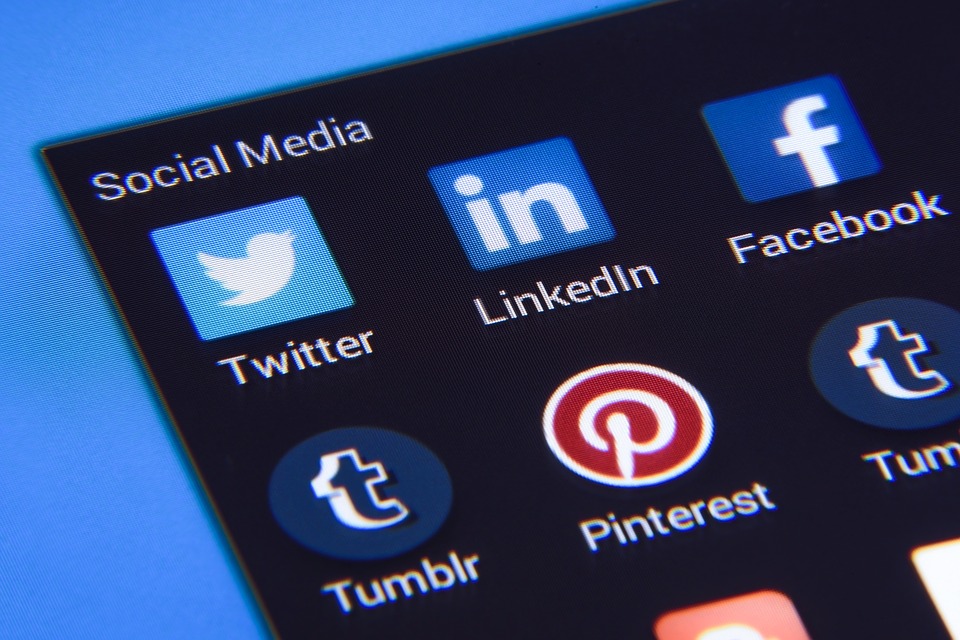Over the spring into summer, social media giants such as Facebook and Twitter have been facing a public relations nightmare. They’ve faced backlash toward how their platforms influence the public’s mindset, as well as their unwillingness to crackdown on fake news. This prompted Facebook CEO Mark Zuckerberg to testify before Congress about how much fake news was able to influence public perception during the 2016 election. Zuckerberg’s testimony was revealing, and he soon promised ways to combat fake news as a whole.
Critics on the far-right state that cracking down on fake news would be a violation of free speech and that it is merely opinion that is being stated, not fact. One of these critics is Alex Jones, who is infamously known to have spread conspiracy theories and fake news, most notably stating the Sandy Hook school shooting was fake and that 9/11 was an inside job.
Just three weeks ago, as part of their effort to combat fake news, Facebook, iTunes and YouTube permanently banned Alex Jones and his podcast “InfoWars” from their platforms. However, Twitter kept Jones on their platform, and was heavily criticized for it. Twitter saw that Jones wasn’t violating their terms and agreements in regards to harassment, but that soon changed. Jones publicly confronted and harassed CNN reporter Oliver Darcy and just days later he harassed Florida Senator Marco Rubio.
After realizing Jones’ behavior, Twitter permanently suspended him and his podcast. Of course outrage quickly ensued, but here’s the thing: Twitter was right in banning him from their platform. Not only did he twice violate their terms and agreements on their platform, but he publicly harassed certain people that he aggressively disagreed with on certain issues. For example, if someone harassed you on Twitter or Facebook you would normally ignore it, because it’s on the internet. However, if that said person found out where you worked to continue harassing you publicly and to your face, then people are going to be upset and rightfully so.
If Jones had been on Twitter complaining about his situation and was shutdown as a result, then the free speech argument may be valid. Unfortunately, when you harass people in public, you have to be prepared to face the consequences of your actions. Freedom of speech does not mean freedom from consequence, and it is a lesson that Jones and others like him should learn. Suffice it to say, it doesn’t seem likely to happen anytime soon.
For questions/comments about this column, email [email protected] or tweet @TheWhitOnline.























































































































































!["Working with [Dr. Lynch] is always a learning experience for me. She is a treasure,” said Thomas. - Staff Writer / Kacie Scibilia](https://thewhitonline.com/wp-content/uploads/2025/04/choir-1-1200x694.jpg)









































rhawk301 • Sep 19, 2018 at 9:44 pm
Your conclusion doesn’t make sense, because only those actions on Twitter should make a difference. If you “get in someones face” and those people are public figures, how does that translate to Twitter’s platform? Twitter in fact didn’t censor Jones because of what he did, it was because he posted that video on Twitter.
That video associated with his account, incurred the Twitter TOS violation (he was on twitter posting that video). I personally don’t think that Twitter or other platforms should have done this, considering Jones only confronted those public people on their turf. He didn’t invade their home or even track down some unknown work location (doxing).
The whole point of Congress and related people like lobbyists is that you should be able to confront them “at work” because they are the people that represent us.
In my opinion this is not a free speech issue, but one of public speech. Twitter, Google, Facebook, etc, all say they are a public platform so they should treat everyone the same. All these platforms actually make you login to identify yourself, so once that happens, unless you are committing some crime (i.e. threaten someones life, doxing or similar action) you should have your public speech. On the other hand, perhaps Twitter, Facebook and others could create section tags for types of content. If users label many posts as “fake news” or “not community acceptable” or whatever it is, then people could specifically exclude those tags or “opt in” if they want. This truly gives a public platform even more power.
I can envision a system that has all kinds of content, with the public monitoring themselves, with some “fact checkers” and just put ratings and labels on everything that falls outside the “normal” patterns. Jones can discuss and post whatever he wants, and people can follow him or not, limit their searches with pre-defined labels, and these platforms wouldn’t even show you their content if your previously excluded it in your filter.
The Computer security industry did this years ago with content labels so you could filter websites at your company, school or even home now. Cisco has a great platform for this so why couldn’t the big social platforms adopt the same thing. It would be truly a grand system of choice and these social companies could target ads based on your filters as well.